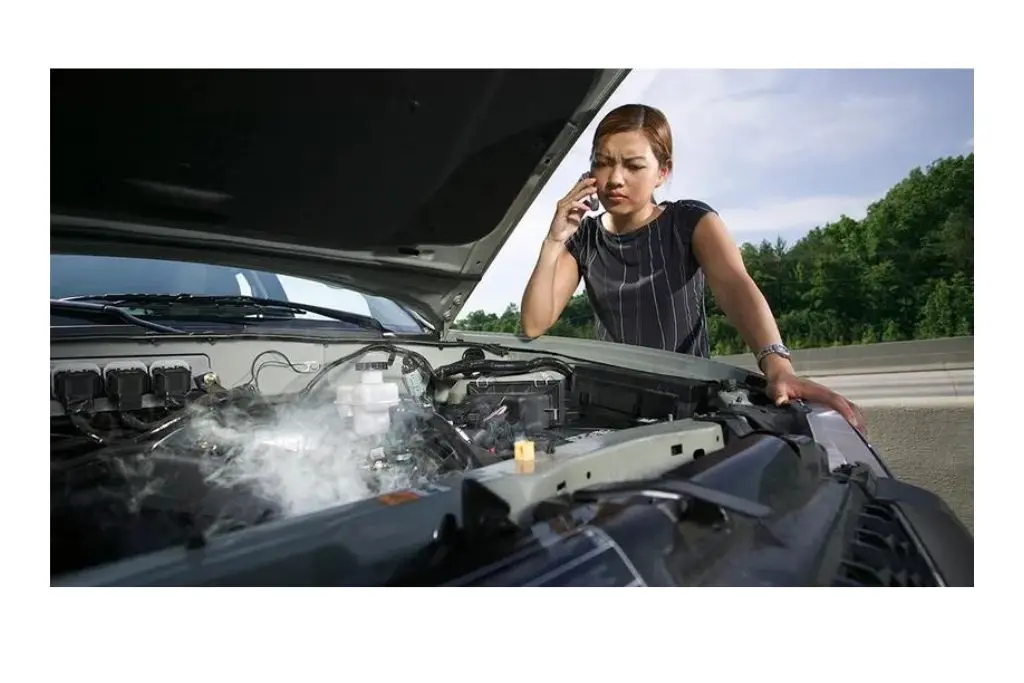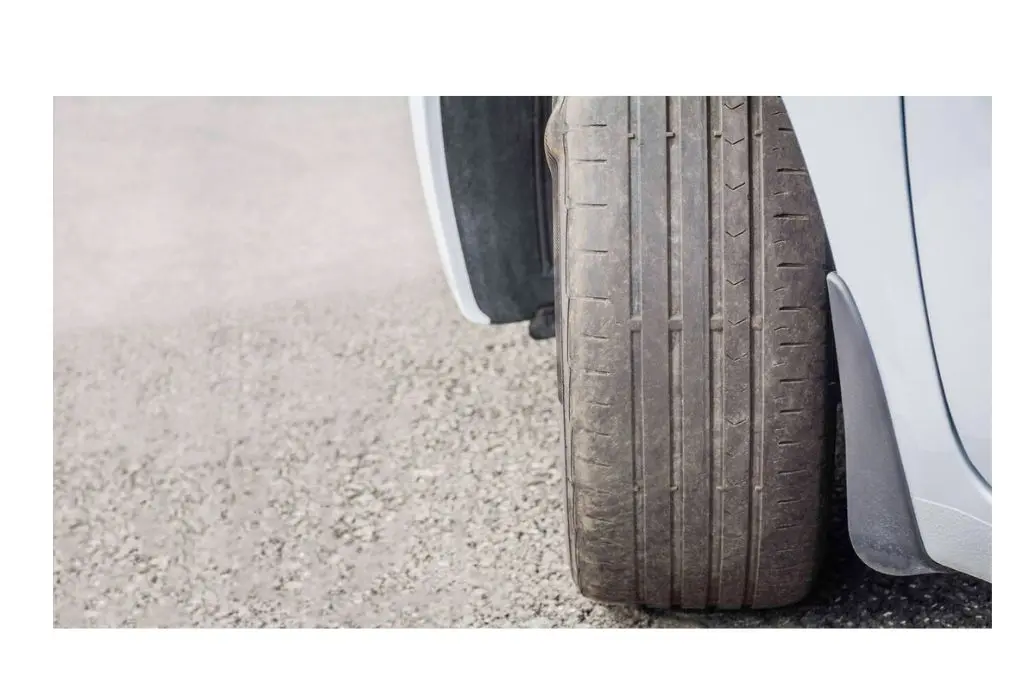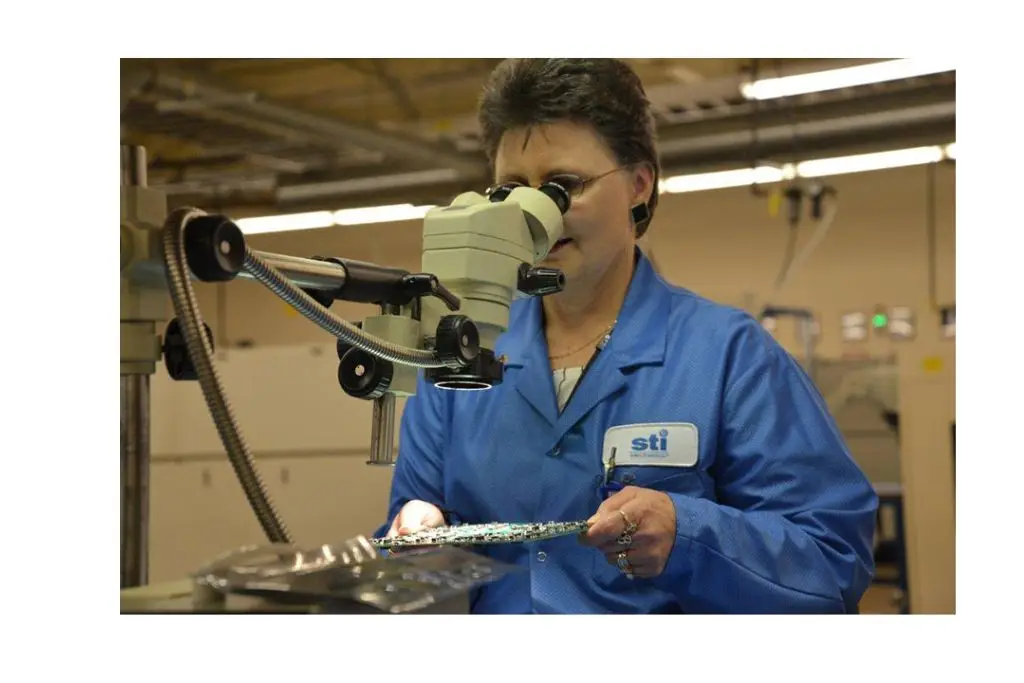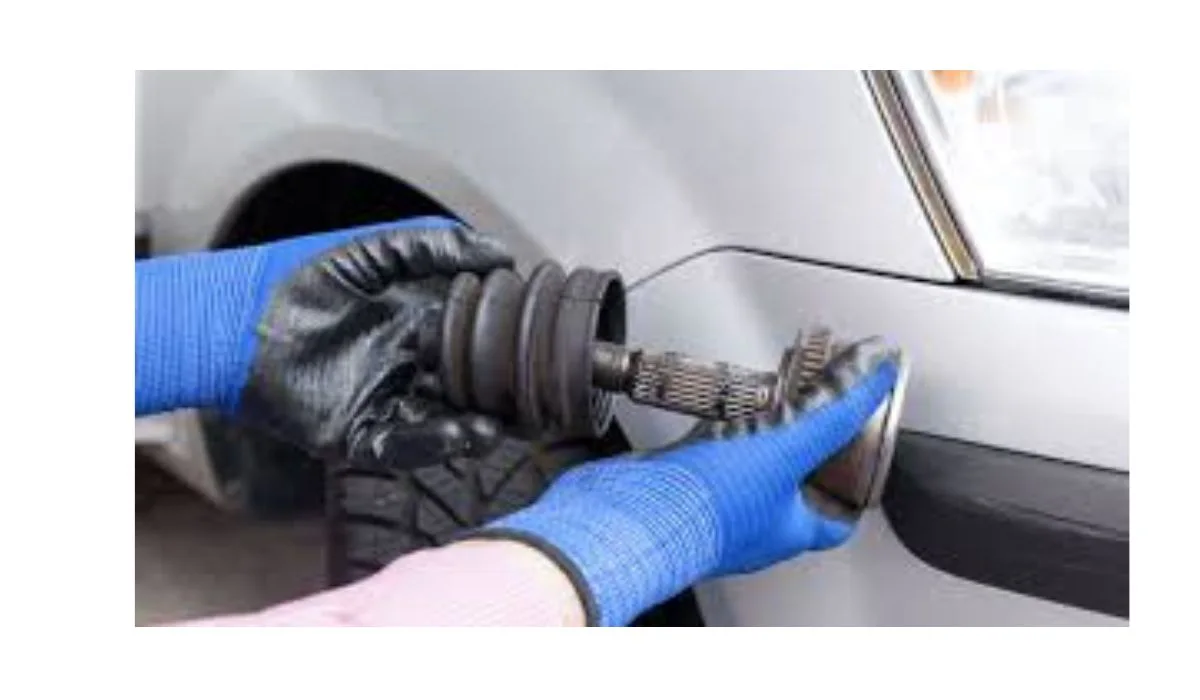If your car shakes when accelerating, inspect the tires and check the engine mounts. Visit a mechanic for a thorough diagnosis.

Experiencing car shakes during acceleration can be alarming and potentially dangerous. Common causes include unbalanced tires, worn engine mounts, or issues with the driveshaft. Ignoring these symptoms could lead to more severe damage and costly repairs. It’s crucial to identify and resolve the problem promptly to ensure your safety and maintain your vehicle’s performance.
Regular maintenance and timely inspections can prevent such issues. Always consult a professional mechanic for a comprehensive diagnosis and appropriate solutions. Taking these steps helps keep your car running smoothly and efficiently.
Common Causes
Car shakes when accelerating can be a troubling experience. Understanding the common causes helps in addressing the issue quickly. There are several reasons why your car might shake during acceleration. This guide will explore some of the most frequent culprits and how to handle them.
Worn Out Spark Plugs
Spark plugs play a crucial role in your car’s engine. They ignite the fuel-air mixture, allowing your car to run. Worn-out spark plugs can cause misfires, leading to shaking during acceleration.
Here are some signs your spark plugs may be worn out:
- Engine misfires
- Rough idling
- Poor fuel economy
- Trouble starting the car
Replacing spark plugs can fix the shaking issue. It’s a simple task that requires a few tools. New spark plugs are affordable and can be found at any auto parts store. Always check your car’s manual to know the type of spark plug needed.

Imbalanced Tires
Tires are essential for a smooth ride. Imbalanced tires can cause your car to shake. When tires are imbalanced, one part of the tire is heavier than the others. This imbalance causes vibrations, especially at higher speeds.
Common signs of imbalanced tires include:
- Steering wheel vibrations
- Uneven tire wear
- Increased fuel consumption
Balancing your tires can solve this problem. A professional can balance your tires using specialized equipment. Regular tire maintenance also helps in preventing this issue. Rotating your tires every 5,000 to 7,000 miles ensures even wear.
Diagnosis Process
Car shakes when accelerating can be a sign of various issues. It’s important to diagnose the problem correctly to ensure safety. The process involves several steps to pinpoint the exact cause. This blog post will guide you through the diagnosis process.

Visual Inspection
Start by conducting a visual inspection of your vehicle. Look for obvious signs of wear or damage. Check the following:
- Tires: Ensure they are properly inflated and not damaged.
- Suspension: Look for broken or worn-out parts.
- Engine Mounts: Verify if they are intact and not cracked.
- Drive Shaft: Inspect for any visible signs of damage.
Next, examine the brake system. Worn-out brake pads or warped rotors can cause shaking. Also, inspect the exhaust system for any loose or broken parts. A loose exhaust can cause vibrations.
Check the fluid levels including oil, coolant, and transmission fluid. Low or dirty fluids can affect performance. Finally, ensure all belts and hoses are in good condition. Cracked or loose belts can lead to engine vibrations.
Road Test With Mechanic
After the visual inspection, perform a road test with a mechanic. This helps to identify issues that are not visible. The mechanic can feel and hear problems while driving.
During the test, observe the following:
- Speed: Note at which speed the car shakes.
- Acceleration: Check if the shaking occurs during acceleration or deceleration.
- Steering: Pay attention to any vibrations felt through the steering wheel.
Based on these observations, the mechanic can narrow down the possible causes. They may suggest further inspections or specific repairs. Common solutions include wheel balancing, alignment, or replacing worn-out parts.
Regular maintenance and timely repairs can prevent many issues. Always consult a professional mechanic for accurate diagnosis and repair.
Possible Solutions
Experiencing your car shaking when accelerating can be alarming. It not only affects your ride’s comfort but also indicates potential issues under the hood. Addressing this problem promptly is crucial to prevent further damage. Let’s explore some possible solutions to fix your car shaking problem.
Replacing Spark Plugs
Worn-out or faulty spark plugs can cause your car to shake when accelerating. This happens because the engine misfires due to poor ignition. Replacing spark plugs can solve this issue and ensure a smooth ride. Here are some steps to replace spark plugs:
- First, gather the necessary tools: a ratchet, spark plug socket, and new spark plugs.
- Locate the spark plugs in your engine. They are usually found on top of the cylinder head.
- Carefully remove the old spark plugs using the ratchet and spark plug socket.
- Check the gap on the new spark plugs. It should match the manufacturer’s specifications.
- Install the new spark plugs by hand first, then tighten them with the ratchet.
Replacing spark plugs can make a noticeable difference. It can improve engine performance and fuel efficiency. Regular maintenance of spark plugs is essential. It helps to avoid engine problems and keeps your car running smoothly.
Balancing Tires
Unbalanced tires are another common cause of car shakes. This can happen due to uneven tire wear or hitting a pothole. Balancing tires ensures that the weight is evenly distributed. Here are the steps to balance your tires:
- First, remove the wheels from your car.
- Mount the wheel on a balancing machine.
- The machine will spin the wheel and detect any imbalance.
- Add small weights to the rim to balance the wheel.
- Reinstall the balanced wheels on your car.
Balancing tires not only stops the shaking but also extends tire life. It also improves your car’s handling and safety. Regular tire balancing is essential for a smooth and safe ride.
Preventive Measures
Does your car shake when accelerating? This can be a scary experience. Understanding why this happens is crucial. It can save you from bigger problems down the road. Let’s explore some preventive measures. These will help keep your car running smoothly.
Regular Maintenance
Regular maintenance is key to a healthy car. Routine checks can catch problems early. This prevents bigger issues later. Here are some tips for regular maintenance:
- Check tire pressure monthly.
- Rotate tires every 6,000 to 8,000 miles.
- Change the oil every 3,000 to 5,000 miles.
- Inspect brake pads for wear.
- Replace air filters every 15,000 to 30,000 miles.
Following these steps can prevent shaking. Tire pressure is especially important. Low pressure can cause vibrations. Oil changes keep the engine running smoothly. Brake pads can wear down and cause shaking. Air filters keep the engine clean. Clean engines run better.
Timely Repairs
Timely repairs are just as important as maintenance. Fixing issues right away prevents more damage. Here are some common repairs to consider:
| Issue | Repair Needed |
| Worn-out tires | Replace tires |
| Bad spark plugs | Replace spark plugs |
| Faulty brakes | Repair or replace brakes |
| Engine problems | Diagnose and fix an engine |
Replacing worn-out tires can stop shaking. Bad spark plugs can cause misfires. This leads to vibrations. Faulty brakes can cause uneven stopping. Engine problems need immediate attention. Ignoring them can be costly.
Our Previous Post:
| Is It Illegal to Sleep in Your Car? Know Your Rights |
| How to Install Evenflo Car Seat: Easy Step-by-Step Guide |
| How to Remove Car Seat from Base: Quick & Easy Guide 2024 |
Frequently Asked Questions On Car Shakes When Accelerating
Why Does My Car Shake When Accelerating?
Car shakes when accelerating due to worn-out spark plugs, damaged CV joints, or unbalanced tires.
How Can I Fix Car Shaking?
Fix car shaking by replacing worn spark plugs, inspecting CV joints, and balancing or rotating tires.
Is It Safe To Drive With A Shaking Car?
Driving with a shaking car isn’t safe. It can worsen over time and cause further damage.
Can Bad Tires Cause My Car To Shake?
Yes, bad or unbalanced tires can cause your car to shake, especially during acceleration.
Conclusion
Experiencing car shakes while accelerating can indicate serious issues. Addressing them promptly ensures safety and longevity. Regular maintenance, professional inspections, and timely repairs are crucial. Never ignore unusual vibrations; they can lead to costly damage. Keep your car in top condition and enjoy smooth, worry-free drives every time.
Last Updated on June 15, 2024 by Brian Beasley

